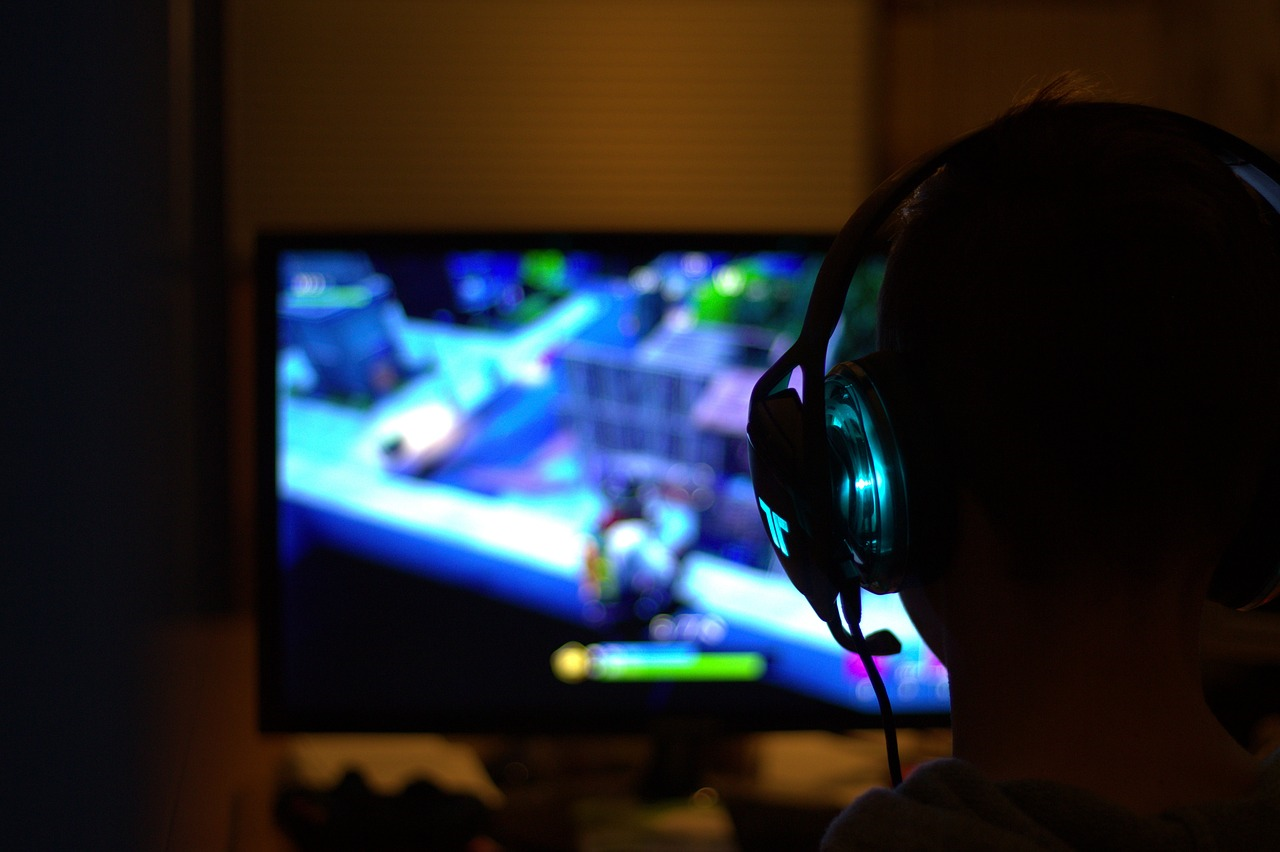
Serious gaming can lead to serious fatigue. There's nothing worse than losing a match you should have won or missing the easy part of a puzzle because you're tired and your brain is 'fuzzy.' But it makes sense that long exposure to video games takes such a toll on your brain. You're constantly receiving visual and audio stimuli without much of a break in-between. Cognitive Load Theory suggests that your working memory can only handle so much information before causing mental fatigue. But you shouldn't let that stop you from enjoying a long session with friends or finally beating that impossible boss after so much practice. With the right gaming glasses, you can protect your eyes and your brain from overstimulation.
Cognitive Load Theory Explained
What exactly is Cognitive Load Theory? Developed in the 1980s by Australian psychologist John Sweller, Cognitive Load Theory deals with human memory and how the mind processes information. According to this theory, stimuli and data are processed by the brain's working memory before they are passed down to long-term memory. But your working memory is limited. If your mind becomes overstimulated, you can quickly become overloaded and lose attention and focus.
Video games constantly bombard players with visual and audio stimuli, and it's easy to become overloaded, especially if the game is more complex and intricate. As technology improves, video games have become more detailed and flashier, leading to quicker overstimulation in players. At the same time, the new technology and quality of the games make putting them down harder and harder each year. Not only can gamers suffer from memory and concentration problems due to overstimulation, but dry eyes, blurry vision, and eye irritation are also often included.
How to Deal with Overstimulation
Everyone has a different threshold for their cognitive load, and it's important to understand the signs of oncoming problems and how to avoid them proactively. By taking steps to reduce mental fatigue and cognitive overload, you can keep up with your games without risking your health.
Signs of early mental fatigue:
● Dry or itchy eyes
● Trouble concentrating
● Slightly blurry vision or lack of visual focus
● Muscle tension
● Irritability
● Excessive thirst or hunger
Ways to relieve and prevent mental fatigue:
● Take regular breaks
● Eat well and stay hydrated
● Stretch or go for a walk
● Meditate
● Practice deep breathing exercises
● Chat with a friend or family member
● Take a power nap
It's important to note that your relief from mental fatigue is all about reducing visual stimuli. If you take a break from playing a game and spend 15 minutes scrolling through Facebook, you're still overloading your brain with stimuli. Find an activity that rests your mind and your eyes.
Are Gaming Glasses Right for You?
Gaming glasses were designed specifically for the problems serious gamers face every day. The lens technology filters blue light, reduces eye strain, and helps you maintain focus. Mental fatigue and eye strain are serious issues you can experience when marathoning or participating in a tournament. The right gaming glasses help reduce your cognitive load by 20-50%, allowing you to stay focused and even play better, increasing gaming efficiency by 16-30%.
If you're a serious gamer worried about mental fatigue and eye problems, find the right pair of gaming glasses for you today to help you prevent cognitive overload.





